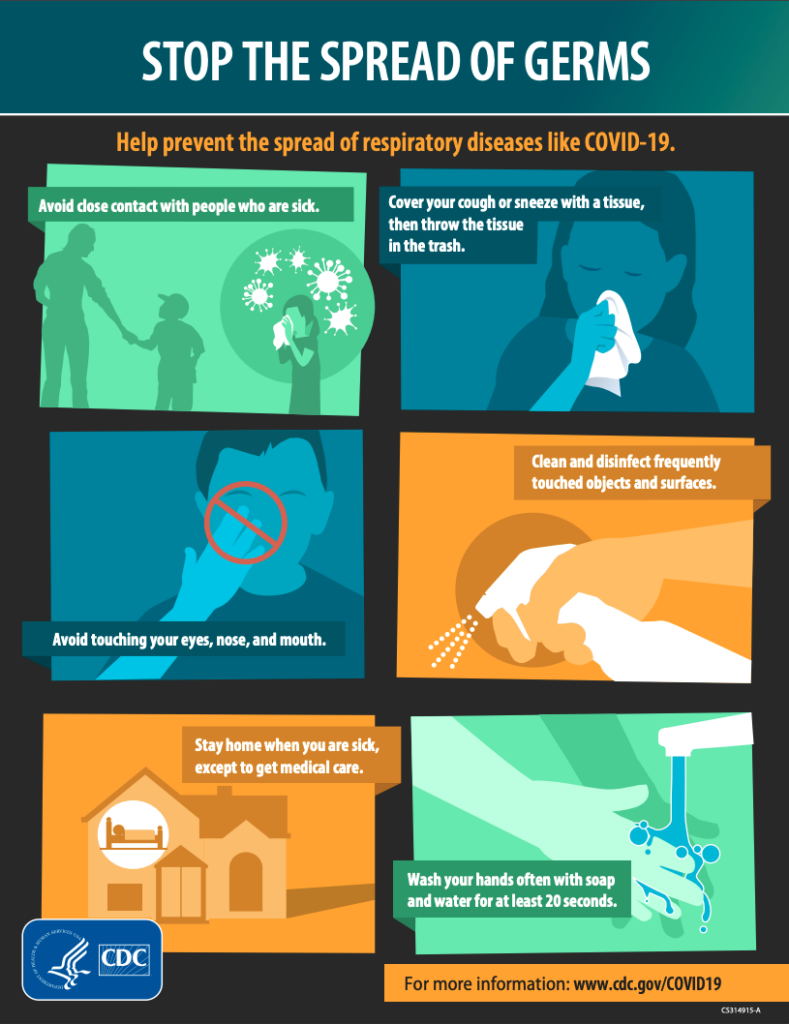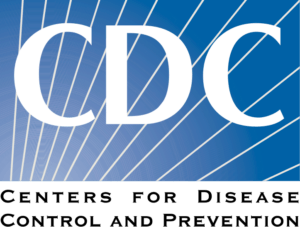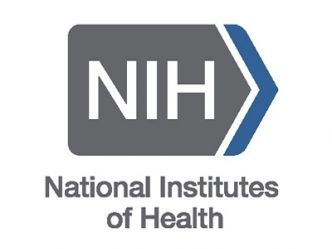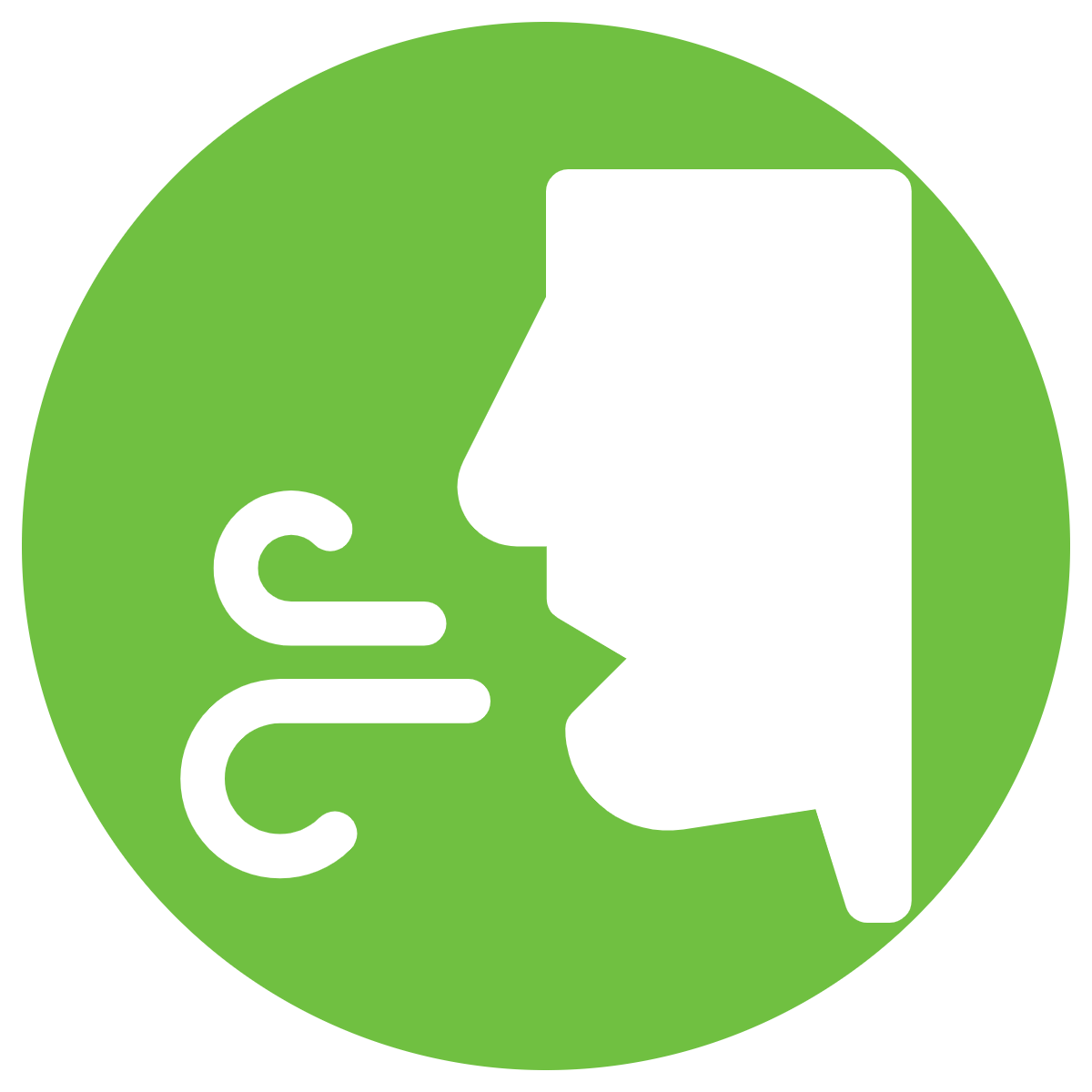
COVID-19 Guide for CCA Patients
Home / COVID-19 / [wpbb post:title]
The Cholangiocarcinoma Foundation (CCF) has been closely monitoring the global Coronavirus (COVID-19) situation and its potential impact on cholangiocarcinoma patients.
The rapid spread of the coronavirus that causes COVID-19 has sparked alarm worldwide. The World Health Organization (WHO) has declared this rapidly spreading coronavirus outbreak a pandemic, and many countries are grappling with a rise in confirmed cases. In the US, the Centers for Disease Control and Prevention (CDC) is advising people to be prepared for disruptions to daily life that will be necessary if the coronavirus spreads within communities.
The following information includes special considerations about the coronavirus for people with cholangiocarcinoma. Including steps that members of the CCF community can take now to be prepared.
Coronavirus Explained
COVID-19 is a new disease, caused by a novel (or new) coronavirus that has not previously been seen in humans, and there is still much we have yet to learn. One fact that is known however, is an infected person can be a carrier, capable of spreading the virus to others for several days before they begin to show symptoms or know they are sick. Therefore, the best prevention strategy is to implement these hygiene practices now, rather than wait for cases to be known where you live.
Symptoms
The most common symptoms of coronavirus include a fever, cough and shortness of breath. The following symptoms may appear 2-14 days after exposure. Seek medical advice if you develop symptoms, and have been in close contact with a person known to have COVID-19 or if you live in or have recently been in an area with ongoing spread of COVID-19.
If you develop emergency warning signs for COVID-19, get medical attention immediately. Emergency warning signs include:

Difficulty breathing or shortness of breath
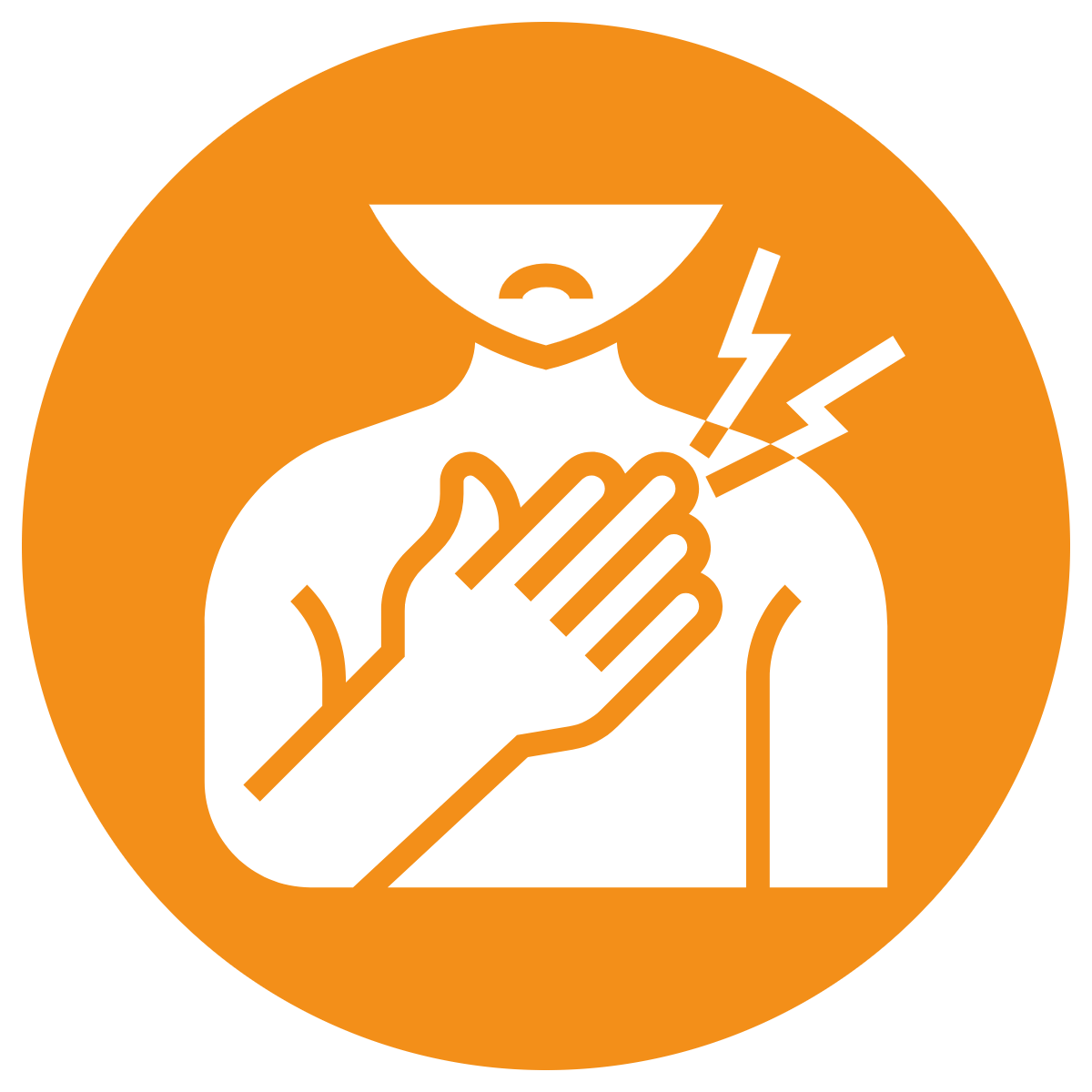
Persistent pain or pressure in the chest

New confusion or inability to arouse

Bluish lips or face
Risk of COVID-19 to cholangiocarcinoma patients
At this time, because this is a new virus, there are still many unknowns about how COVID-19 affects certain populations. It is not certain how much greater the risk of infection is for people living with cholangiocarcinoma or who have had the disease in the past. According to the American Cancer Society, “The new coronavirus disease, called COVID-19, is front and center in many people’s minds. This is likely to be worrisome for many people, especially for cancer patients and their families. Cancer patients are among those at high risk of serious illness from an infection because their immune systems are often weakened by cancer and its treatments. Patients and their caregivers need to take precautions to lower their risk of getting COVID-19 because patients who have compromised immune systems may be at greater risk.
Steps to prevent illness
There is currently no vaccine to prevent COVID-19. The best way to prevent illness is to avoid being exposed to this virus.
- Wash your hands often with soap and water for at least 20 seconds especially after you have been in a public place, or after blowing your nose, coughing, or sneezing.
- If soap and water are not readily available, use a hand sanitizer that contains at least 60% alcohol. Cover all surfaces of your hands and rub them together until they feel dry.
- Avoid touching your eyes, nose, and mouth with unwashed hands.
- Avoid close contact with people who are sick.
- Stay home if you are sick, except to get medical care.
- Cover your mouth and nose with a tissue when you cough or sneeze or use the inside of your elbow.
- Put used tissues straight into the garbage can and wash your hands afterward.
- Clean AND disinfect frequently touched surfaces daily. This includes tables, doorknobs, light switches, countertops, handles, desks, phones, keyboards, toilets, faucets, and sinks.
click image to enlarge
Will coronavirus affect my cancer treatment?
Doctors at the Fred Hutchinson Cancer Research Center in Seattle, Washington note that cancer patients currently receiving treatment and those who are out of treatment need to be “extra cautious” about protecting themselves from getting infected with the new coronavirus. According to Dr. Steve Pergam, a clinical and infectious disease researcher at the center, “Patients with hematologic [blood] malignancies we believe will have the biggest risk… also, patients who are participating in active chemotherapy and bone marrow transplant patients.”
You should currently continue to receive cancer treatments as normal. If there is likely to be any disruption, doctors will make decisions to prioritize treatment for those most in need, and in consultation with patients. If you are currently receiving ongoing treatment at a medical facility, we also suggest talking with your healthcare provider about what would happen in the event you are unable to continue receiving care at that facility for a period of time, and whether alternate arrangements could be made if necessary.
If you have a procedure planned or anticipate needing a procedure within the next several months, we suggest proactively talking with your healthcare provider about how COVID-19 could affect your care.
CCF is here to help!
As always, you can rely on CCF to be a source of information, guidance and support as the COVID-19 situation continues to unfold. The health and safety of our patients, caregivers and entire community is our foremost priority. We are well-equipped to continue serving the CCF community through the challenges that may be ahead.
Get the latest updates from trusted resources:
source: https://www.cancer.org/latest-news/common-questions-about-the-new-coronavirus-outbreak.html
